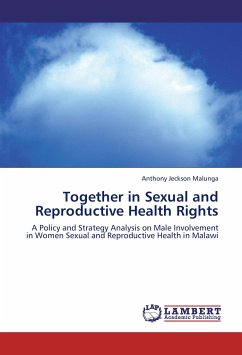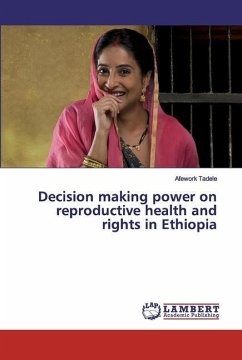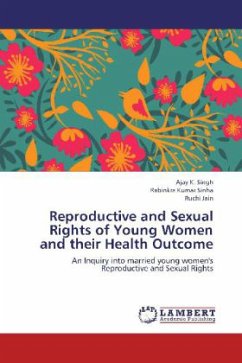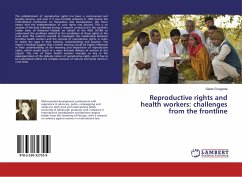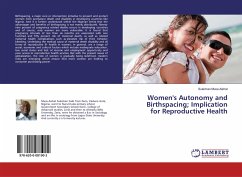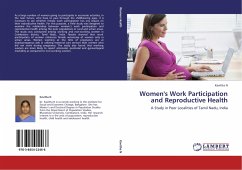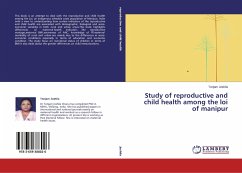
Rights Vs. Religiosity
Analyzing Reproductive Health and Right Situation in Sylhet
Versandkostenfrei!
Versandfertig in 6-10 Tagen
25,99 €
inkl. MwSt.

PAYBACK Punkte
13 °P sammeln!
Among all the divisions, Sylhet scores the highest TFR (2.9 according to BDHS 2014) and the lowest CPR (47.8 according to BDHS 2014) which are even far more distant form the scores of other districts. And this trend seems to be unchanged in the previous BDHS reports. This study, however, devoted itself to identify the reasons of high TFR, contextual challenges and/or loopholes of different family planning programs in Sylhet through the lens of Reproductive Health and Rights and Religiosity, as Sylhet is being told to be a very conservative region, based on religiosity. This study, mainly throu...
Among all the divisions, Sylhet scores the highest TFR (2.9 according to BDHS 2014) and the lowest CPR (47.8 according to BDHS 2014) which are even far more distant form the scores of other districts. And this trend seems to be unchanged in the previous BDHS reports. This study, however, devoted itself to identify the reasons of high TFR, contextual challenges and/or loopholes of different family planning programs in Sylhet through the lens of Reproductive Health and Rights and Religiosity, as Sylhet is being told to be a very conservative region, based on religiosity. This study, mainly through questionnaire survey, was conducted in a village named Kandla under Kanaighat Upazila in Sylhet. From the study, it has been found that women started receiving ANC and PNC from health professionals, the rate tends to get higher day by day but they are still reluctant to do the delivery outside home. And for this reluctance, definitely their religiosity is responsible that they take it as shame to outside in the time of delivery. Regarding family planning it can be said that people think using contraception as sin, mostly they are more rigid in case permanent methods.



